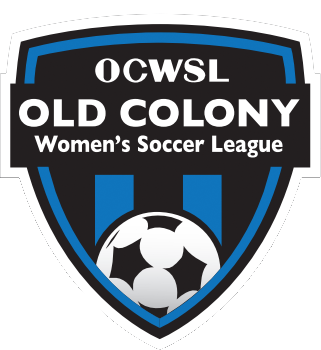Alcohol-Induced Anxiety: Symptoms, Causes, and Treatment Options

Combine these two, and you’re essentially doubling down heroin addiction on the slow-down. The bigger problems start when that anxiety pops up even when alcohol isn’t involved, which starts to happen if you binge for long enough. If you are concerned that you or someone you care about has a problem with alcohol there is a lot of help available. Here you can find useful links and phone numbers to get the support you need. Specific support is also available if you need help with your drinking. With Talkiatry, you can see a psychiatrist from the comfort of your home and you can schedule your first appointment in a matter of days.
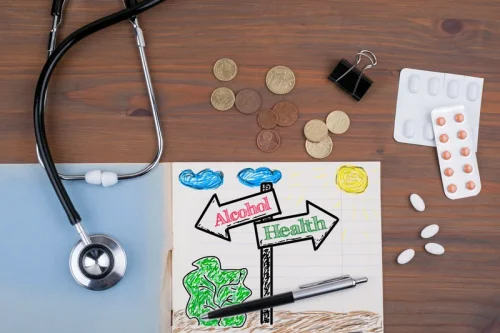
Impact on Neurotransmitters

It is taken daily, with dosage adjustments based on the patient’s response. Like other SSRIs, it may take several weeks before significant improvements are noticed. As scary or overwhelming as that first step can seem, reaching out for help is the best thing you can do.
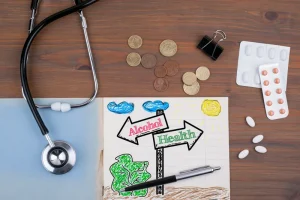
of Americans Would Be Uncomfortable With Provider Relying on AI in Their Own Health Care
Hangovers or withdrawal from alcohol can worsen anxiety symptoms, especially among people who drink heavily or those with alcohol use disorder. Anxiety occurs in addition to the typical health risks, which range from risky behaviors to weight gain, liver damage, and other physical effects. Compared to those without them, people with anxiety disorders—mental health conditions that cause frequent worry and panic—have lower levels of zinc, iron, and selenium. It’s common for people with social anxiety disorder to drink alcohol to cope with social interactions. Doing this can lead to a dependence on alcohol during socializing, which can make anxiety symptoms worse. A night of drinking can bring up feelings of anxiety or jitteriness, even if you’re not diagnosed with an anxiety disorder.
Ways Drinking Alcohol Could Give You Anxiety
Many individuals turn to alcohol as a means of relaxation or socialization, yet there’s growing concern about its relationship with anxiety. Mental health experts suggest that while alcohol may initially provide a sense of relief or relaxation, it can exacerbate anxiety symptoms over time. Fluctuating blood sugar levels caused by drinking also play a heavy hand in the onset of hangxiety. “Initially, you get a spike in blood sugars because of the alcohol and then a rapid depletion of them leads to feelings that are attributable to anxiety,” Goldberg says. When blood sugar levels plummet, the body’s fight or flight response kicks in.
The Impact of Alcohol on Anxiety Medication
- Among those who drink a few times a month, 46% say it will lead to them cutting back.
- But why does something that initially strips away stress and anxiety (i.e., alcohol) cause those emotions to come rushing back the next day in full force?
- When someone has developed alcohol dependence, cutting back significantly or quitting cold turkey can induce a panic attack.
If your treatment plan includes medication, your psychiatrist will prescribe and manage it. If needed, your psychiatrist can also alcohol and anxiety refer you to a Talkiatry therapist. However, anxiety for several days may also indicate someone has an anxiety disorder.
- Research notes that changes in chemical levels such as serotonin can cause anxiety disorders and depression.
- Psychiatrists are doctors who have specialized training in diagnosing and treating complex mental health conditions through medication management.
- Poor or limited sleep causes grogginess and irritability, which can lead to feelings of depression or anxiety.
- This symptom arises from alcohol’s disruption of neurotransmitter balance, particularly gamma-aminobutyric acid (GABA) and glutamate.
Symptoms and Types of Anxiety
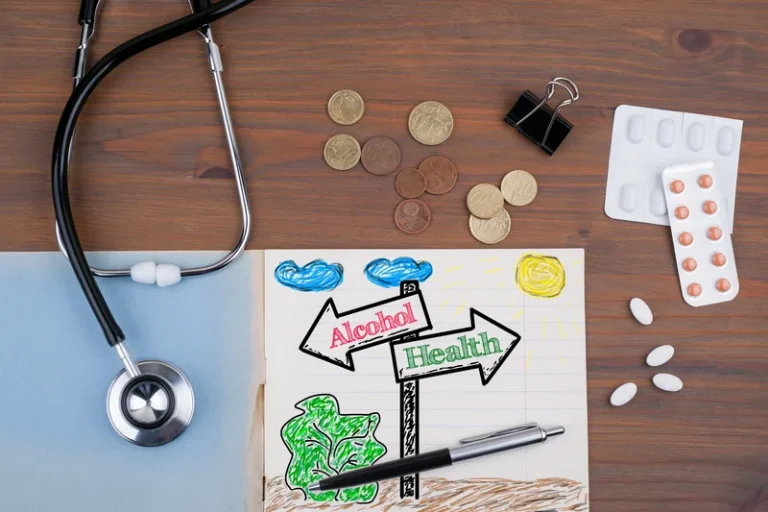
Individuals experiencing anxiety might seek temporary relief through alcohol’s depressant effect, which can initially create feelings of relaxation and reduced inhibition. Naltrexone is typically prescribed for patients trying to reduce or stop alcohol consumption. It is usually taken once daily and can be combined with other medications for anxiety. Your best bet to avoid hangxiety is to drink responsibly, says Dr. Trahan. You can’t heal or manage an anxiety disorder and continue drinking any more than you can lose weight and eat McDonald’s every day. It also disrupts your body’s ability to manage stress, lowering overall stress tolerance.
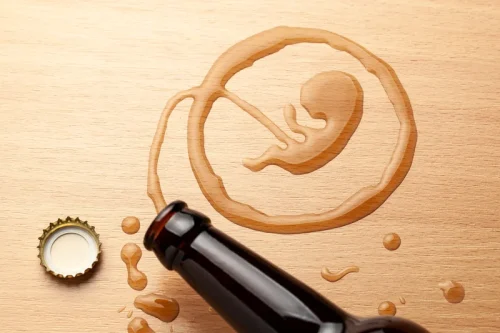
- The Centers for Disease Control and Prevention defines light drinking as three drinks or fewer per week and moderate drinking as no more than one drink per day for women and up to two per day for men.
- It is typically taken once or twice daily, with dosage adjustments based on the patient’s response.
- Additionally, panic attacks can be triggered because of the effect alcohol has on GABA, another brain chemical that normally has a relaxing effect.
- There are many reasons that alcohol triggers this hangover anxiety, colloquially called “hangxiety.”
Common treatment plans include talk therapy, cognitive behavioral therapy, and/or medication. It truly depends on your individual situation and which problem came first – alcohol abuse or anxiety disorder. Drinking a small glass of wine every night with dinner will not likely cause anxiety. However, drinking two or more units of alcohol in the evenings disrupts your brain chemistry, leading to increased anxiety the following day.
How Alcohol Affects the Brain and Body
He went on to complete his residency in psychiatry at Harvard South Shore, an affiliate of Harvard Medical School, where he served as Chief Resident and earned his 360° Professionalism award. He then had additional training in Addiction Psychiatry through his fellowship at the University of Texas Southwestern Medical Center. He specialized in treating patients with a history of depression, anxiety, trauma, and substance use disorders. Dr. Lin has held an academic appointment at UTHealth, and he has spent his professional career supervising and teaching medical students and psychiatry residents. People with anxiety disorders may use alcohol as a coping mechanism, which could lead to alcohol use disorder (AUD).
